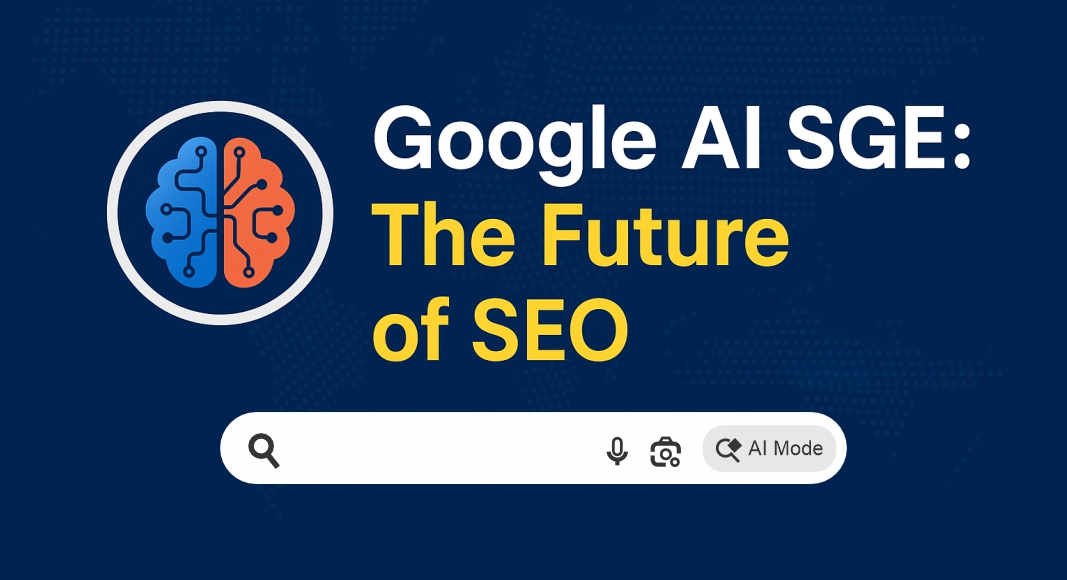Location Marketing

Introduction:
In today’s digital age, businesses strive to differentiate themselves from their competitors and establish meaningful connections with their customers. Location-based marketing is a powerful technique that leverages customer data to deliver personalized messages to specific geographic locations. By doing so, businesses can increase their chances of engaging the right audience and driving conversions. In this article, we will discuss the benefits of location-based marketing and explore some effective strategies to implement it.
Benefits of Location-Based Marketing
Targeted Advertising
Location-based marketing enables businesses to target specific groups of people. By analyzing customer data, businesses can create advertising campaigns
that cater to the needs and preferences of people in a particular area. For instance, an e-commerce store may use location data to target consumers in a specific region
with ads for products that are popular in that area. This strategy can result in higher engagement rates and better conversion rates.
Improved Customer Experience
Location-based marketing can also help businesses enhance their customers’ experience. By leveraging data to understand the needs and preferences of people in a particular area, businesses can customize their messaging to create a more personalized and engaging customer experience. For example, a coffee shop may use location data to send personalized offers and discounts to customers who are in the vicinity, encouraging them to visit the store and try new menu items.
Strategies for Location-Based Marketing
Geofencing
Geofencing, a popular location-based marketing strategy, involves setting up a virtual boundary around a specific area, such as a store or an event. When customers enter the geofenced area, they can receive targeted messages, promotions, and offers on their mobile devices. For instance, a clothing retailer may set up a geofence around their store, and consequently, send customers a push notification with a discount code when they enter the area. This real-time approach can be particularly effective for businesses looking to drive foot traffic and sales.
Beacon Technology
Beacon technology is another effective location-based marketing strategy that employs small devices to send messages and promotions to customers who are in proximity. Beacons use Bluetooth technology to connect with customers’ mobile devices, allowing businesses to send targeted messages and offers. For instance, a museum might use beacon technology to send visitors information about the exhibits they are viewing, or a grocery store might send customers personalized offers as they move through the store.
Conclusion:
Location-based marketing is a potent tool for businesses that want to enhance their marketing strategies and build stronger relationships with their customers.
By using data to comprehend the needs and preferences of people in a particular area, businesses can create targeted advertising campaigns that are more likely to result in conversions. Geofencing and beacon technology are just a few of the many strategies that businesses can use to implement location-based marketing. As technology continues to evolve, we can expect to see more innovative techniques in the future.









